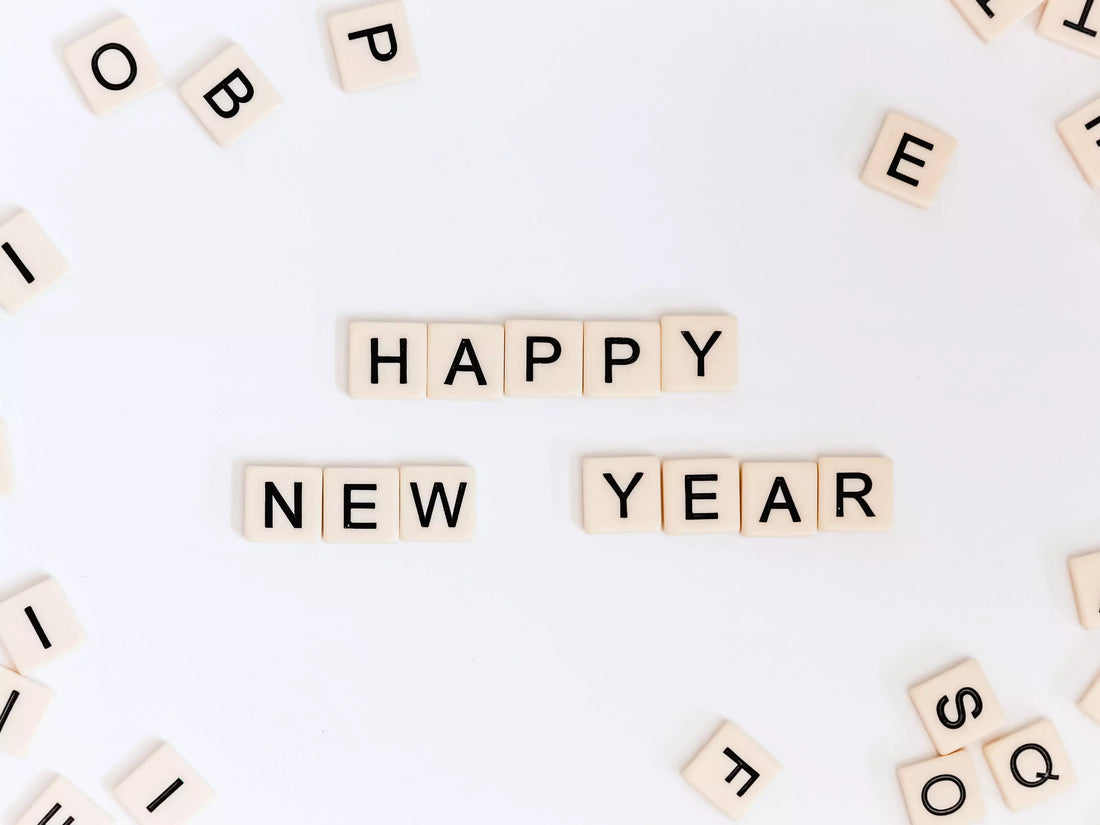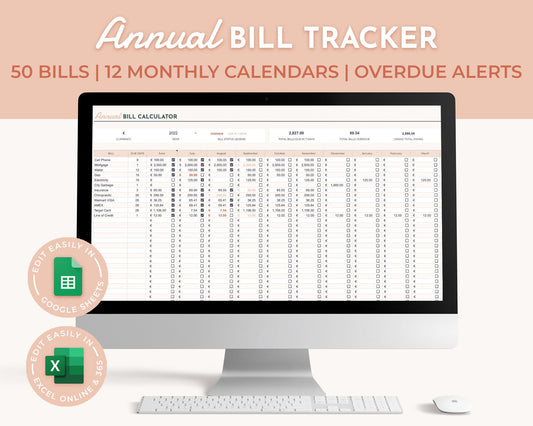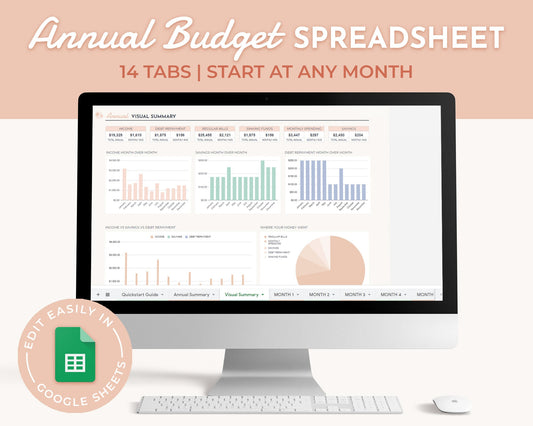Heading into 2023.. A fresh start, a clean slate, a brand new page. There’s something about the start of a new year offering an opportunity to reflect on the past and set goals for the future.
Revisiting personal, professional, and financial goals can set you up for success. Sure, it can feel uncomfortable at first, but complacency and comfort can lead to a crash, and we learn so much in the uncomfortable moments in life, right?

New Year, New You
While many people take the cue of a new year to forge a new beginning of sorts, most resolutions don’t stick around for too long.
Been there. It doesn’t mean you’ve failed!
In my personal experience, it comes down to the goal you set is too broad, too vague, and not realistic, you end up feeling overwhelmed and guilty rather than the opposite.
Tips to help learn from the previous attempts:
- Be prepared
Prepare and plan to repeat your new habit over several weeks or even months. You can use external cues to remind you to engage in your new habit such as a reminder on your phone, keep a diary or journal or a tracking app that provides you with insights of your behaviour patterns.
- Be realistic
Break down your big goals into smaller, bite-sized goals so you can effectively plan and give you a sense of accomplishment when you tick them off.
- Make the goal easy and enjoyable
- Be open to changing your goal to respond to changing circumstances
- Seek support
Last but not least, a lapse or slip is NOT the end of your New Year resolution.

New Year, New Financial Goals
Here are 4 powerful and effective ways to kick off the new year with a fresh new perspective for your financial goals:
1. Create Overall Financial Goals
Think about where you want to be financially and how much you want to save in 12 months time. It’s difficult to be disciplined about money if you don’t have clear cut goals lined up. Set short-term goals (such as paying bills on time), then medium to long term goals (investment goals, retirement, etc)
Have a weekly check-in with yourself or your spouse and go over every aspect of your financial goals. Such as:
- Credit card statement balance
- Upcoming recurring bills
- Upcoming vacations
- Upcoming social events
- Emergency fund balance
- Big ticket items (insurance, car maintenance, rent, etc)
Evaluate your financial priorities. Take a look at what needs to be paid and eliminate anything that is not essential for the time being.
Some good examples of needs:
- Groceries
- Rent (if applicable)
Some good examples of wants:
- Clothes in different colours or patterns
- Coffee at the coffee shop
- Eating out all the time

While peer pressure may not be as tough as it is during the holiday season, the pressure and the guilt is still there. It’s important to communicate with your friends and family from the beginning and don’t be afraid to say no.
4. Pay Off DebtsCut out the amount you owe. Whether you are paying off your mortgage or closing your credit card debt, come up with a plan on how to eliminate any debt you may have.
Changing your mindset and habits can help you turn around your financial situation from zero to hero!
Grab all the tools you need to reach financial freedom here.
Cheering on you,
Ashley




